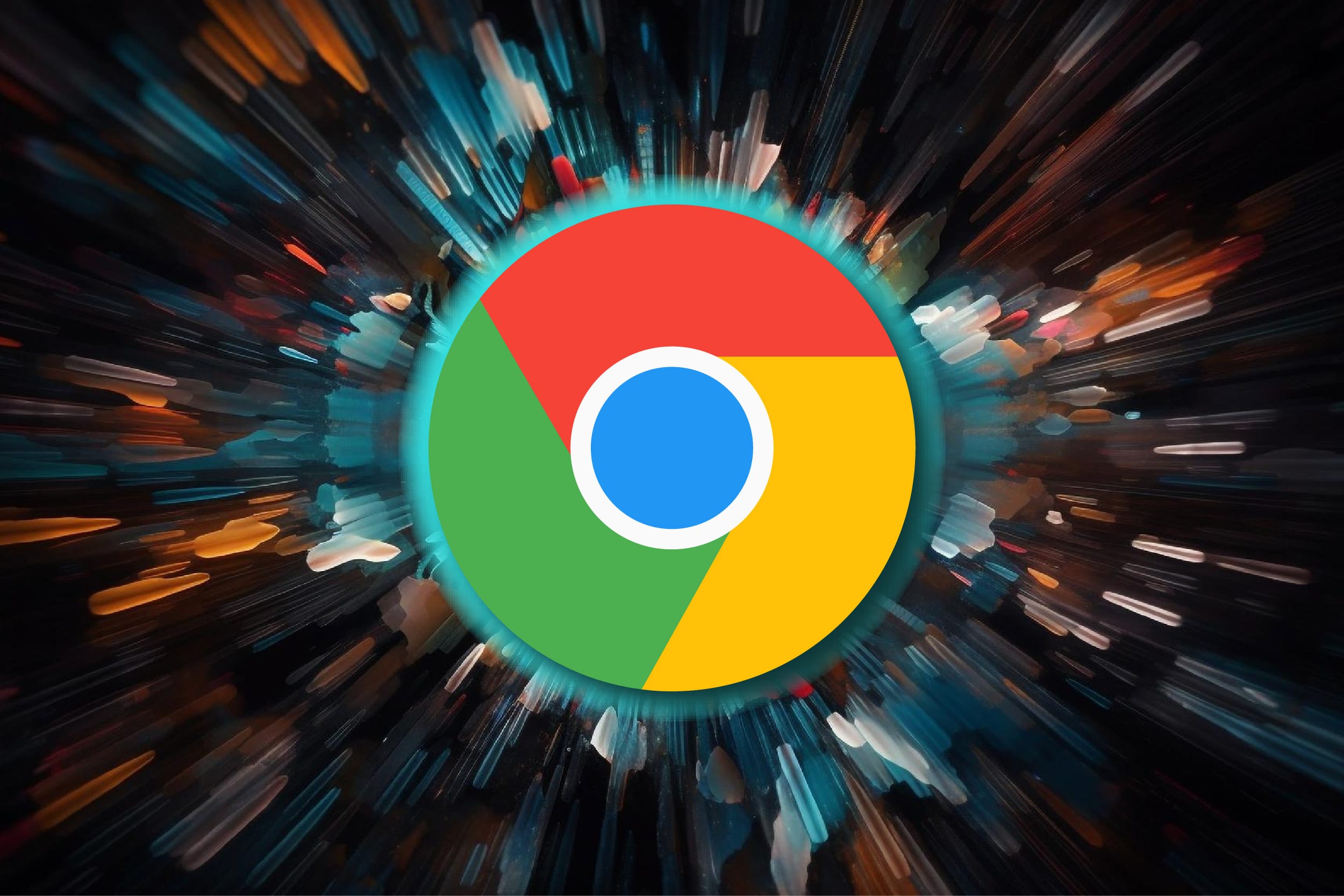
For years, Google Chrome has reigned supreme as the world’s most popular web browser. But recently, a growing number of users are jumping ship. While concerns about privacy and resource consumption have lingered for a while, a new development is pushing people to finally consider alternatives like Firefox and Brave. What is this latest issue that has Chrome users saying “enough is enough”?
The Problem: Manifest V3 and the End of Effective Ad Blocking
In the past few months, Google has been rolling out Manifest V3, a new set of rules for browser extensions. While Google claims this change is meant to improve security and performance, the update severely limits the capabilities of ad blockers. Essentially, popular ad-blocking extensions that many rely on to browse the web without intrusive ads and trackers are becoming significantly less effective.
Why This Matters
This change isn’t just an inconvenience; it has real implications for users:
- Increased annoyance: Websites are becoming cluttered with ads again, disrupting the browsing experience.
- Privacy concerns: Many ad blockers also prevent trackers from gathering your data across the web. Without them, your online activity is more exposed.
- Slower browsing: More ads mean more resources consumed, potentially leading to slower loading times and performance issues.
What Users Are Saying
The backlash on platforms like Reddit and Quora is palpable. Users are expressing frustration and a sense of betrayal. Many feel that Google is prioritizing its advertising revenue over user experience and privacy.
My Own Experience
As someone who has used Chrome for years, I’ve definitely noticed the difference. Sites I used to browse comfortably are now littered with ads, and I find myself constantly closing pop-ups and banners. It’s a frustrating experience, and I’m seriously considering switching to Firefox, which has publicly committed to supporting effective ad blocking.
What Can You Do?
If you’re a Chrome user fed up with this change, you have a few options:
- Switch browsers: Firefox, Brave, and other browsers offer strong ad-blocking capabilities and prioritize user privacy.
- Explore alternative ad-blocking solutions: While Manifest V3 limits some extensions, there are still workarounds and emerging solutions. Do your research and find what works best for you.
- Voice your concerns: Let Google know that you’re unhappy with this change. The more users speak up, the more likely they are to reconsider their approach.
The Future of Chrome
It remains to be seen whether Google will respond to user feedback and adjust its approach to Manifest V3. However, this situation highlights the importance of having alternatives and being mindful of how companies may prioritize their interests over those of their users.